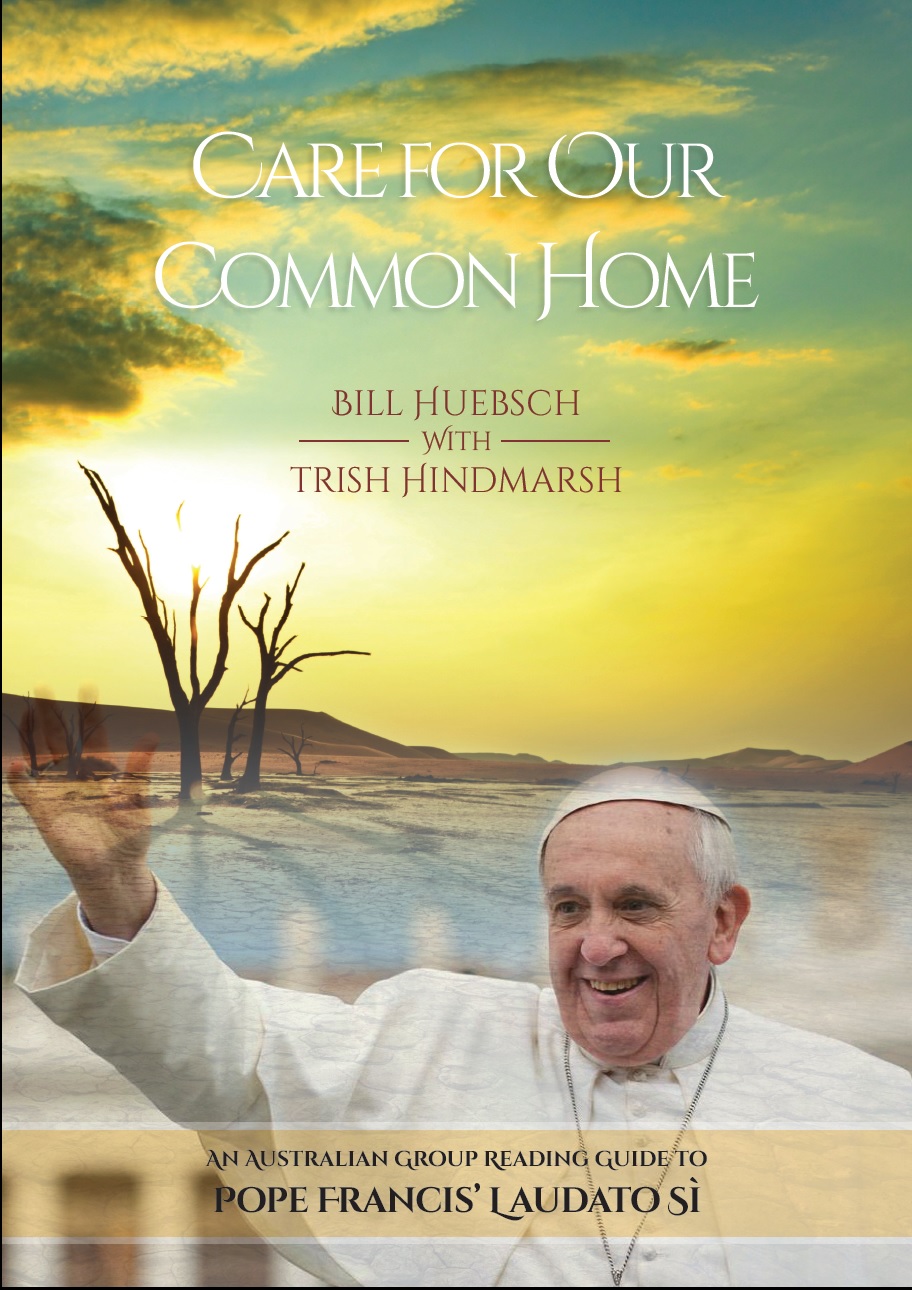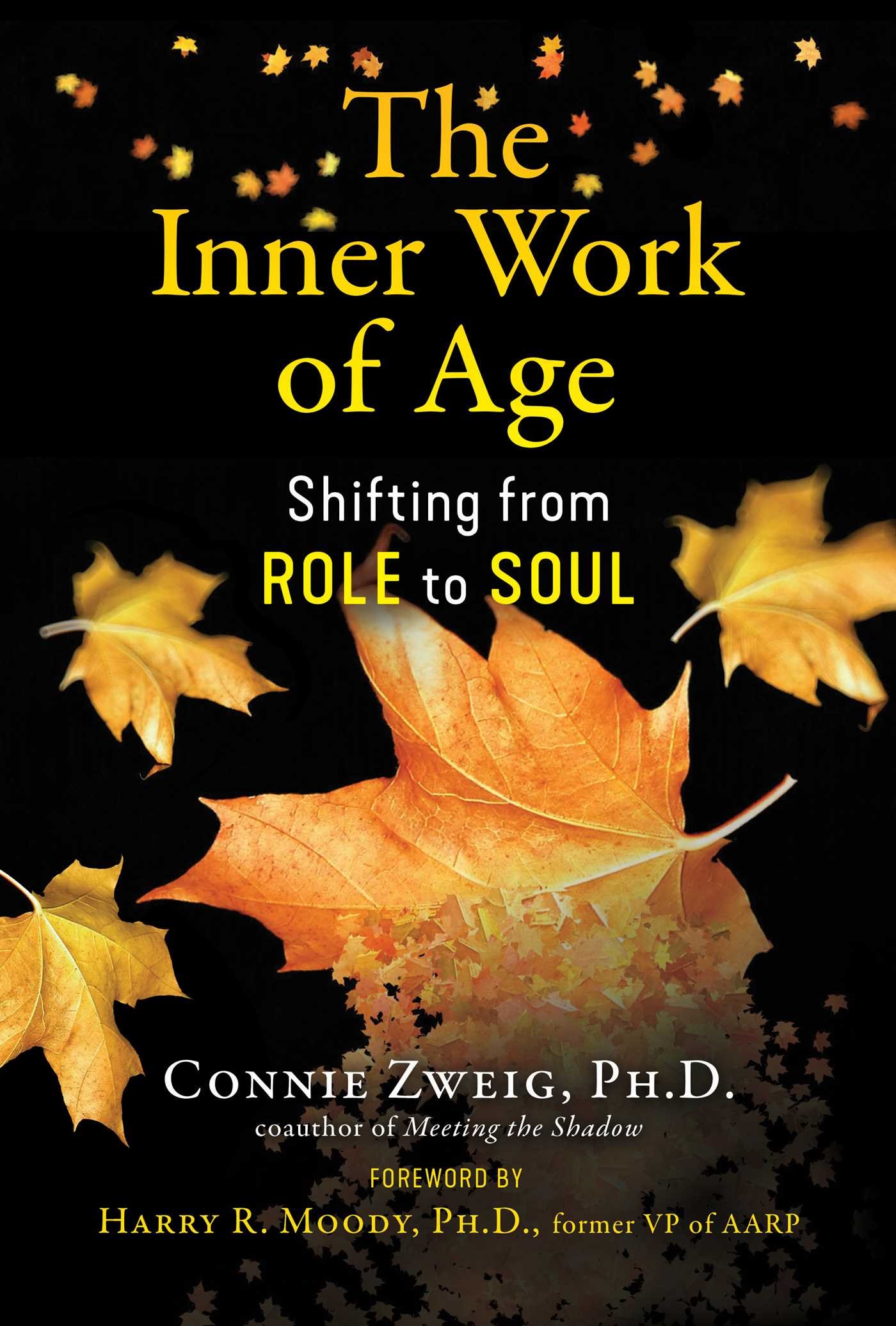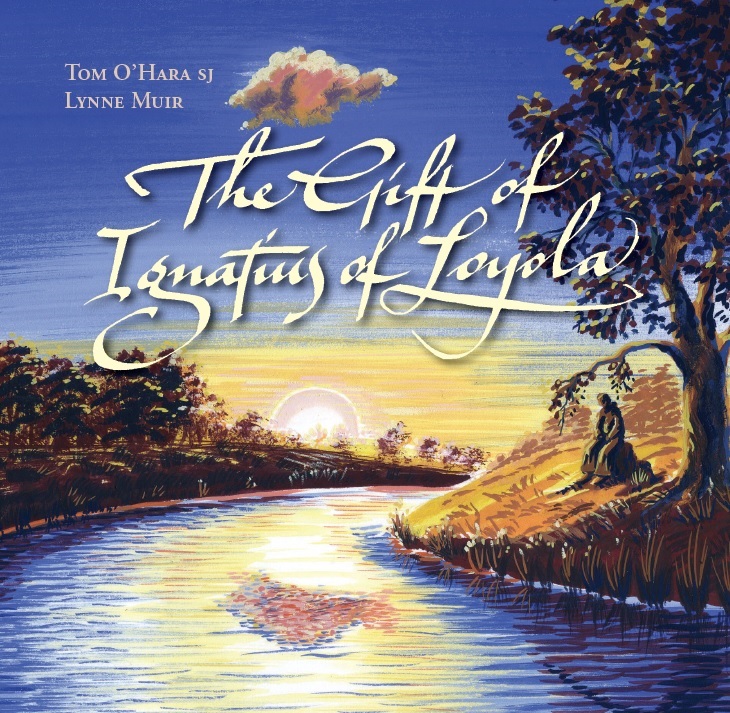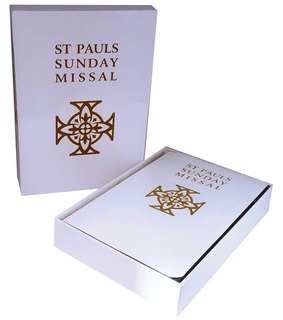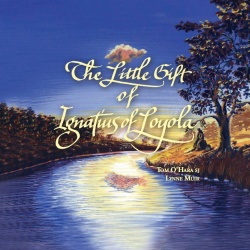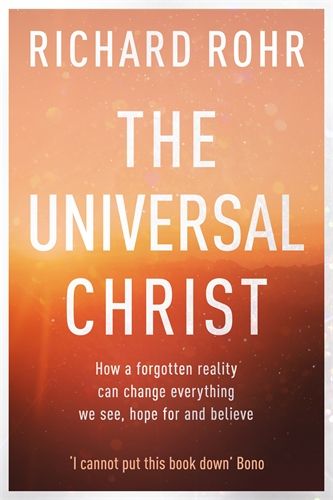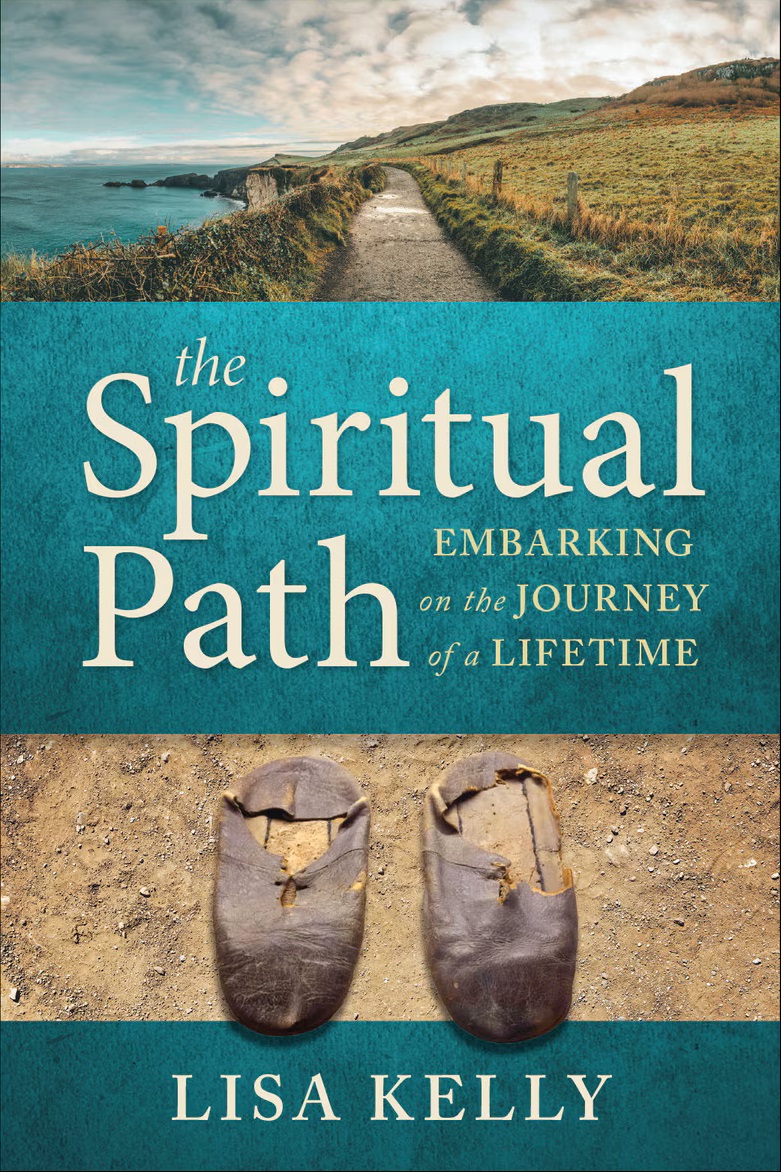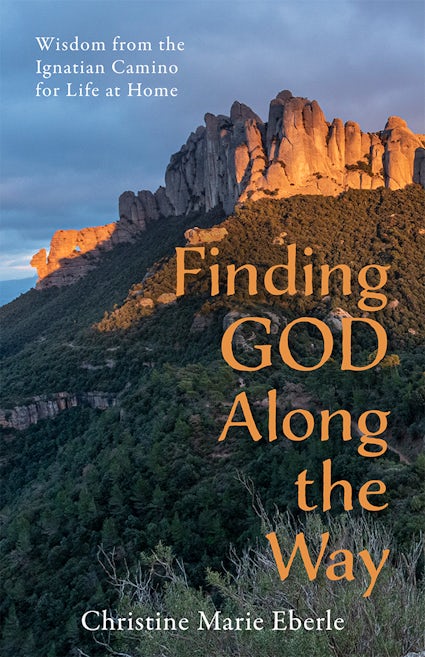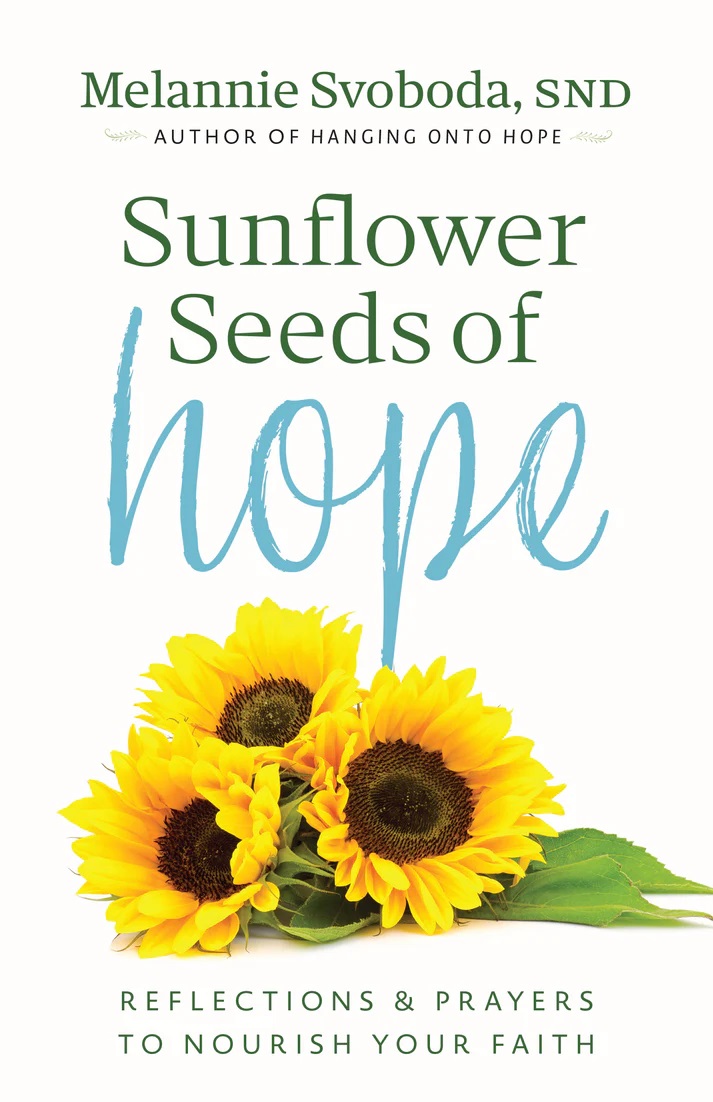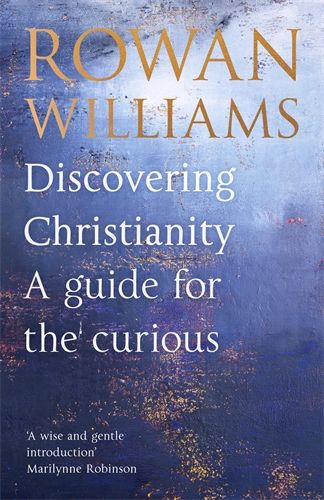The Gospels are full of references to people who were drawn to Jesus, usually to listen and to learn; sometimes to be healed of whatever prevented fullness of life, sometimes to challenge his authority, mostly because of the power of his teaching and the simple message of God’s love that he preached.
The six chapters in We Want to See Jesus reflect deeply on six incidents in his life recorded in Scripture. Each begins with a simple encounter but leads to an exploration into what it really meant to see Jesus, not only for them but for all who claim to be his disciples.
We Want to See Jesus is an invitation to be surprised by the experience, to be called from preconceived expectations, to see reality from a new perspective, to encounter the challenge of experiencing the presence of God in our lives.
Peter Varengo SDB asserts that when we read and tell these stories of ‘seeing Jesus’, we are not simply retelling the stories – disciples curious about the identity of Jesus – but acting them out in our daily lives. So we identify with Mary searching for a dead body in an empty tomb (chapter 1), we are the woman by the well of Samaria, engaged, despite ourselves, in conversation with a stranger (chapter 2). We are Martha and Mary, in danger of being so focused on ourselves that we might forget the presence of God in our lives (chapter 3); we are Zacchaeus, unexpectedly caught up by a Jesus who invites himself into our lives (chapter 4); and we are the disciples on the road to Emmaus, so trapped by despair that we do not notice the God who walks with us (chapter 5); we are the disciples gathered in community and instructed to go beyond some self-satisfying ritual performance by remembering the active and self-living presence of God in love (chapter 6)
Peter Varengo is a Salesian priest with forty years experience in Adult Faith Education and Retreat Ministry in Australia, the Pacific region and South East Asia. He studied theology in Rome and Religious Education in Maynooth (Ireland) and at Boston College (USA); and taught Faith Education ad Human Development at the University of Divinity, Catholic Theological College, (Melbourne) for almost three decades whilst also involved in parish ministry

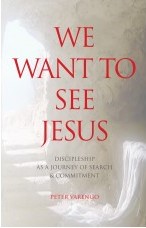
 Back
Back
